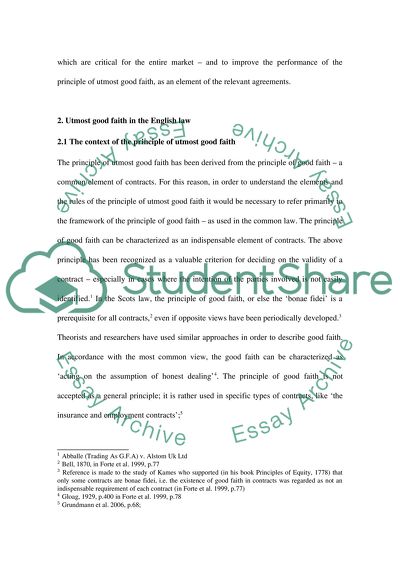Cite this document
(“International Insurance law Essay Example | Topics and Well Written Essays - 4000 words”, n.d.)
Retrieved from https://studentshare.org/environmental-studies/1417926-international-insurance-law
Retrieved from https://studentshare.org/environmental-studies/1417926-international-insurance-law
(International Insurance Law Essay Example | Topics and Well Written Essays - 4000 Words)
https://studentshare.org/environmental-studies/1417926-international-insurance-law.
https://studentshare.org/environmental-studies/1417926-international-insurance-law.
“International Insurance Law Essay Example | Topics and Well Written Essays - 4000 Words”, n.d. https://studentshare.org/environmental-studies/1417926-international-insurance-law.


